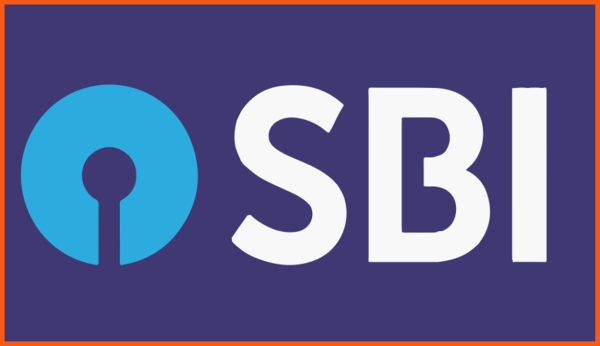
New Delhi: As global trade competition increases, India should bolster its Production-Linked Incentive (PLI) programs, according to a State Bank of India (SBI) research. This is particularly true in light of U.S. President Donald Trump’s announcement of reciprocal tariffs on a number of nations, including India.

According to the analysis, India has a great chance to profit from the global trade change, particularly now that the United States has increased its tariffs on Chinese imports.
It was suggested that the Indian government broaden the scope of the existing PLI programs to include important industries, including engineering products, textiles, and jewelry and stones. It recommends extending the scheme’s tenure by an additional three years and expanding its coverage to include new items. In addition to increasing investments in homegrown sectors, this would raise the competitiveness of Indian goods on the international market.
It said, “The Indian government should expand existing Production Linked Incentive (PLI) schemes in these sectors to cover a wider range of products and extend their duration by 3 years, thereby bolstering domestic industries’ investment and global competitiveness.”
Exports to the United States are one of the main areas where India stands to benefit. In industries like textiles, clothing, and footwear, India may expand its market share as a result of rising tariffs on Chinese exports. India might potentially profit from these trade shifts because of its industrial prowess in iron and steel goods.
However, the study also noted that, in contrast to India’s 15% tax on American exports, the United States has slapped a 26% duty on Indian imports. It asserts that further trade talks between the two nations are necessary to rectify this imbalance.
According to reports, India is prepared to drastically lower duties on more than USD 23 billion worth of American products sold in India as part of the trade agreement between the two countries, which may assist to resolve the problem.
According to the research, Indian exporters may benefit from the retaliatory tariffs that the United States is imposing on nations such as China, Vietnam, Bangladesh, and Indonesia. The anticipated change in global supply chains may benefit India and provide new avenues for export expansion.
The industries that are most likely to be impacted by the tariff adjustments include engineering, textiles, and jewelry and stones. To take advantage of the possible benefits and improve their standing in international commerce, Indian exporters need to remain ready.